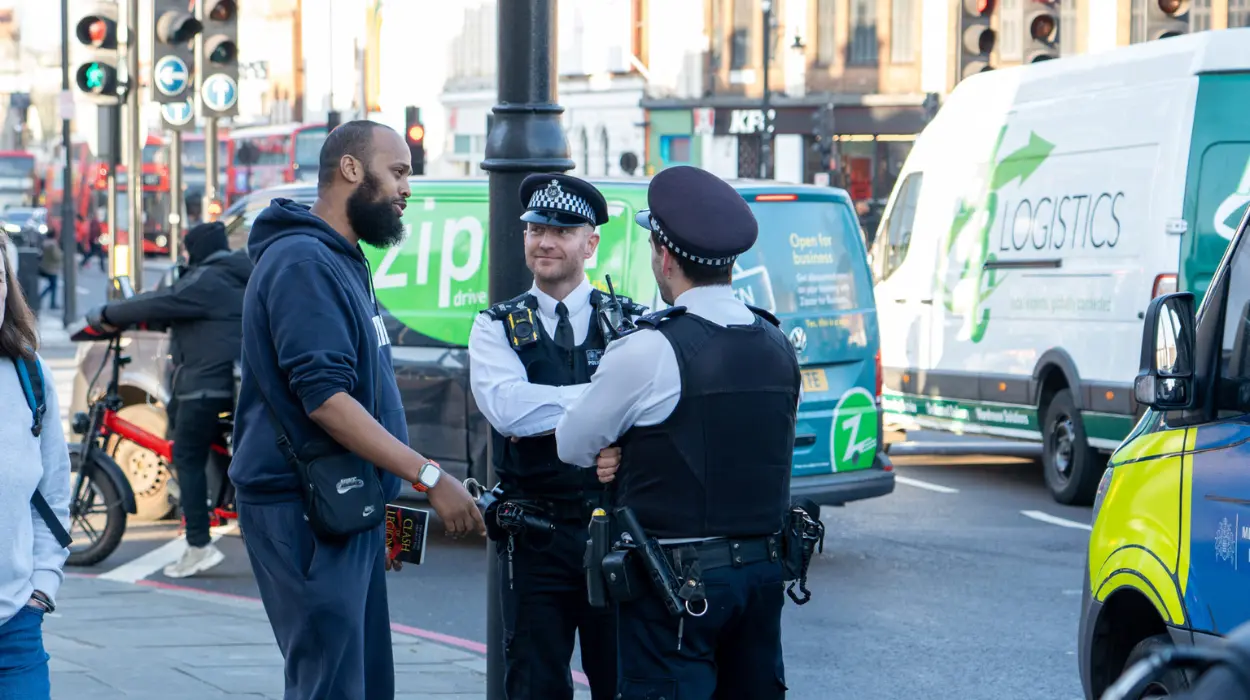Lambeth (Parliament Politics Magazine) – Lambeth Council is increasing access to drug treatment services while addressing anti-social behaviour in Brixton as part of a wider community safety strategy.
Experts in Brixton have been fostering trust with homeless people and substance users by encouraging them to seek help through a pilot outreach program that was started 18 months ago and has now been made permanent.
According to the most recent data, the number of individuals receiving treatment increased by over 300 over the previous year, reaching just under 2,000 adults overall.
Police officers can now easily recommend someone to their local substance misuse treatment program for evaluation and treatment by using the Voluntary Referrals app, which is already available in Lambeth.
Since its implementation, the outreach team has worked to increase treatment program referrals, reduce the number of injecting drug users, reduce drug-related fatalities, and reduce anti-social behavior related to drugs and alcohol.
In order to lower the number of injecting drug users, as well as drug-related fatalities and antisocial conduct, the on-street team concentrates on increasing referrals to treatment programs.
This facility, which is situated at Lorraine Hewitt House in Brixton, provides a variety of support services, such as guidance on substance use, detoxification, and psychiatric therapy.
In addition, it offers sexual health clinics, needle exchanges, and assistance for chem users and chemsex participants.
Cllr Dr Mahamed Hashi, Lambeth’s Cabinet member for Safer Communities, said:
“Drug and alcohol addiction is a destructive scourge on our communities that destroys people’s health, drives crime and abuse in our communities and has serious knock on effects, including anti-social behaviour, robbery and theft.
The police lead on tackling crime, while the council undertakes enforcement and community support. We have been pushing hard for more visible policing in the town centre and for the increased on the ground police presence Brixton so badly needs.
As part of those efforts the council and the police are holding ongoing days of action in the town centre, and in response to increasing concern about drug use in public Lambeth Council’s public health team is working with substance misuse services to run the on-street engagement team.”
He further added that the role of the team is to build relationships, better understand the needs of people who are using drugs and to support them to access treatment services.
The outreach workers attend areas of concern, and engage with individuals in those areas to learn more about them, their needs and what support can be offered.
They know there is more work to be done, but he welcomes the progress that has already been made in addressing these issues.
Early morning shifts and throughout the day, the on-street team works in Windrush Square, Brixton Station, Electric Avenue and Electric Lane, Rushcroft Road, Nursery Road, and Rush Common, coordinating with the police and other agencies to provide extensive coverage and shared intelligence.
The charity Thames Reach staffs it; they have worked in Lambeth communities before and are familiar with the variety of options available to help those with complex needs.
The Brixton on-street engagement program complements other teams’ efforts throughout the borough to combat alcohol, drugs, and rough sleeping.
What initiatives are taken to support drug treatment in Lambeth?
An on-street engagement team is operated by the council’s public health division in partnership with substance misuse services. This group aims to establish rapport with people who are abusing drugs, learn about their needs, and assist them in obtaining treatment.
Outreach workers interact with people and provide support in troubled locations like Windrush Square, Brixton Station, and Electric Avenue.
With improved CCTV monitoring and daily patrols by public safety officers, Lambeth Council has stepped up its on-street presence. In addition to helping those who struggle with drug misuse, this attempts to comfort locals and discourage crime.
To address social issues, the council collaborates closely with the police and community. To guarantee successful results, this cooperative strategy involves frequent interaction with residents and partners.


